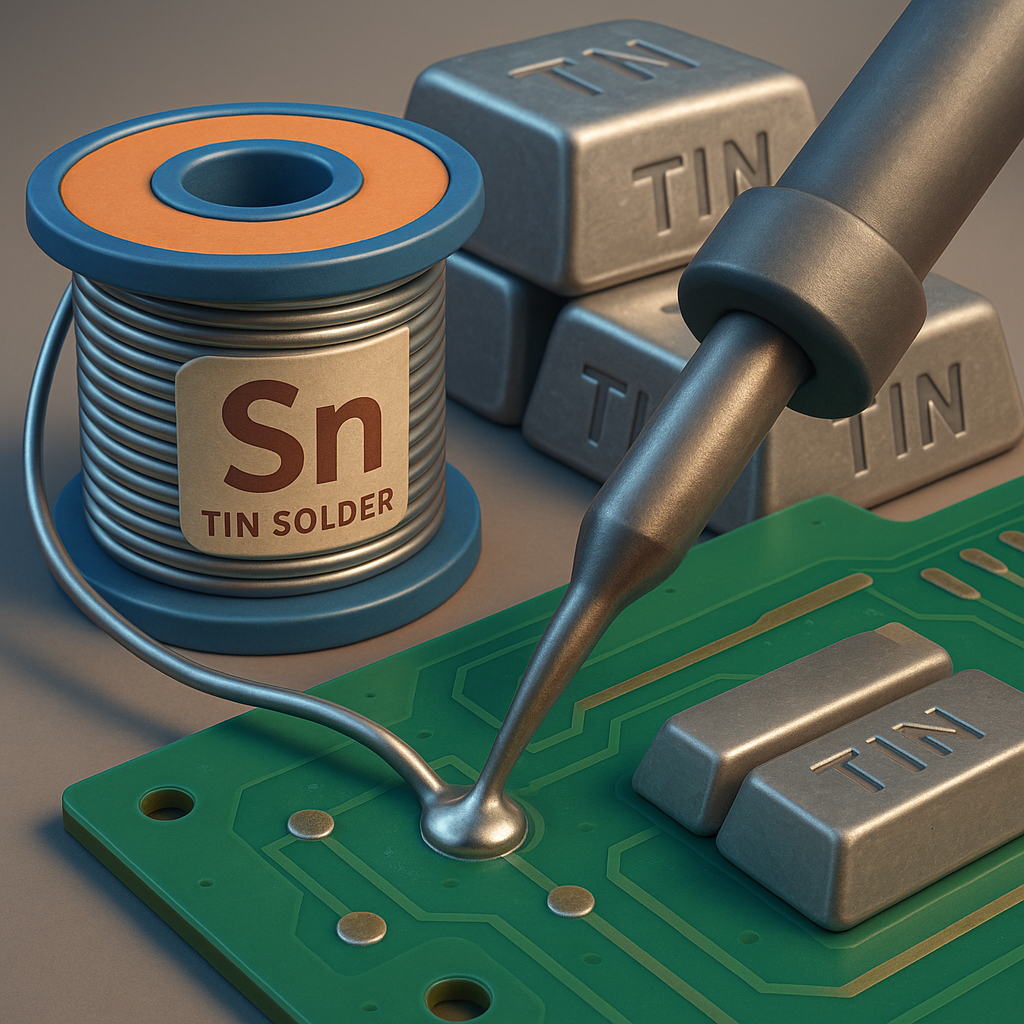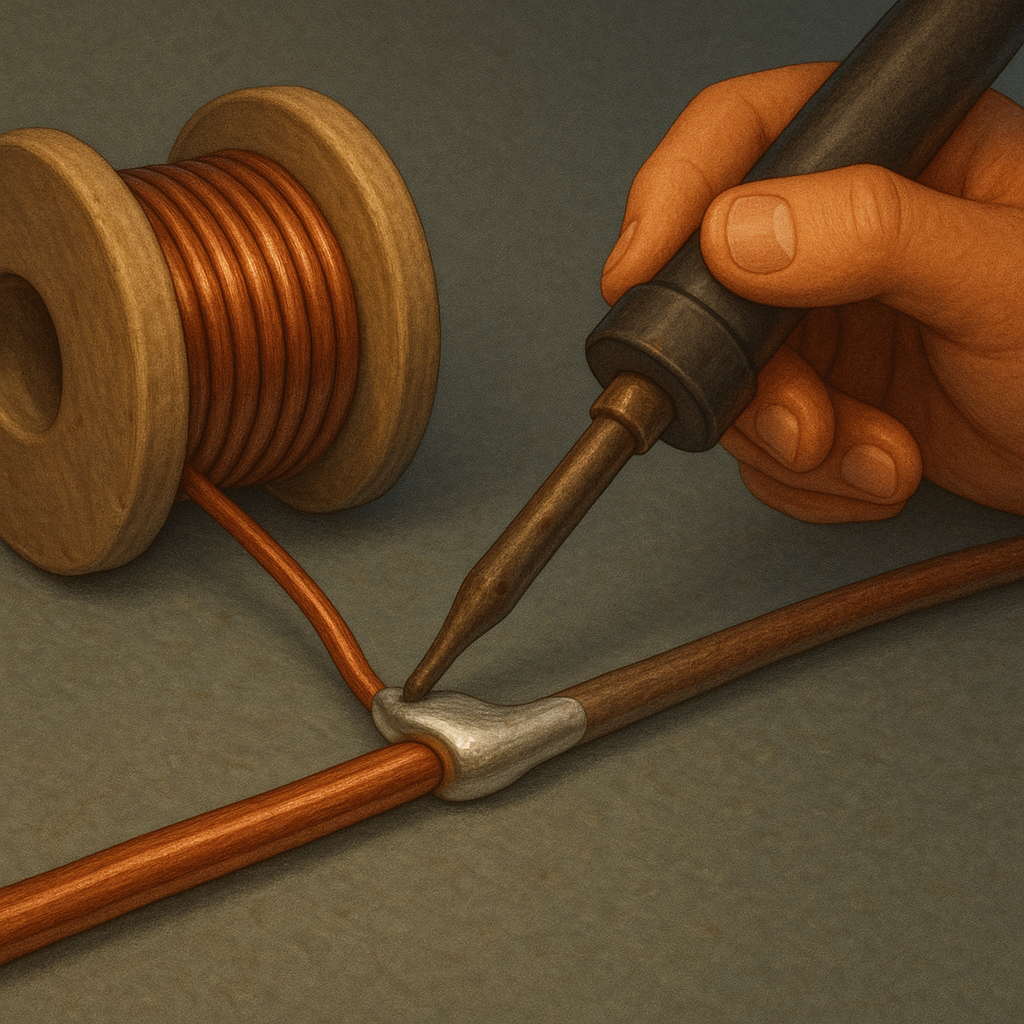Tin
Definition
Tin is a chemical element with the symbol Sn and atomic number 50, known for its silvery-white appearance and malleability. It is also used as a noun to describe a container made of tinplate or tin-coated steel.
Parts of Speech
- Noun
- Verb (rare, to coat with tin)
Pronunciation
American English
- IPA Pronunciation: /tɪn/
- Respelling: TIN
British English
- IPA Pronunciation: /tɪn/
- Respelling: TIN
Etymology
The word "tin" originates from Old English "tin," derived from Proto-Germanic "*tinom," which is related to similar terms in Old High German "zin" and Old Norse "tin." Its ultimate origin is traced to Proto-Indo-European roots.
Derivatives
- Tinplate (noun)
- Tinning (noun/verb)
- Tinny (adjective)
- Tinware (noun)
- Untinned (adjective)
Synonyms
- Can
- Container
- Metal
Antonyms
- None
Usage
The noun "tin" is commonly used to refer to the chemical element, as in "Tin is used to coat other metals to prevent corrosion." It also refers to a container, as in "The cookies are stored in a tin." As a verb, it describes the process of coating something with tin, as in "The steel was tinned for protection."
Related Terms
- Lead: A related metal often found with tin in ores.
- Alloy: A mixture of metals, such as bronze (tin and copper).
- Plating: The process of coating one material with another.
Detailed Definitions
Noun
- A chemical element (Sn): Refers to the metallic element used in alloys and coatings.
- Example: "Tin is a key component in soldering materials."
- A container made of tinplate: Refers to a small box or can, often used for storage or packaging.
- Example: "He kept the biscuits in a decorative tin."
Verb
- To coat with tin: Refers to the process of applying a layer of tin to a surface.
- Example: "The copper wire was tinned to prevent oxidation."
tin








